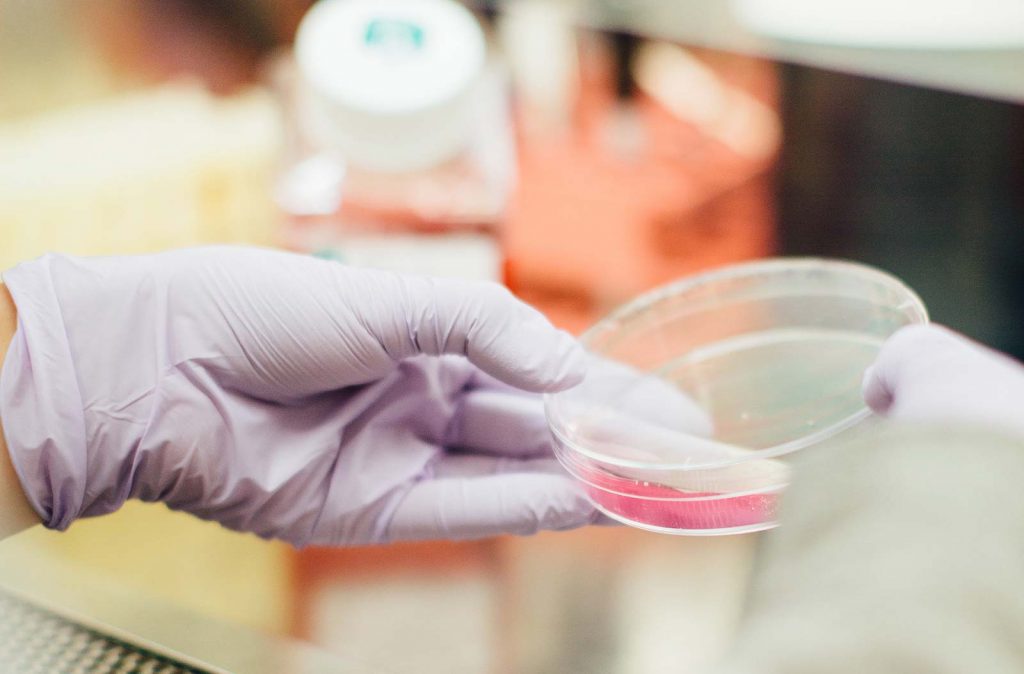Embryologists are the scientists who specialise in reproductive science and literally create babies. The role of an embryologist is considerable, and we make up an important part of the Fertility First team during your treatment.
- We will ensure the environment in our laboratory is perfect for your growing embryos.
- We will help Dr Clark and Dr Chesterman with your oocyte retrieval where we search through follicular fluid and find your precious eggs.
- We will prepare the sperm and eggs for insemination upon arrival from theatre
- We prepare semen samples for the nurses so you may have your intrauterine insemination (IUI)
- Our embryologists will thaw eggs for procedures
- We will freeze your eggs and/or your embryos for cryostorage in our laboratory.
- We will perform IVF insemination or Intracytoplasmic sperm injection
- Our laboratory team will monitor, grade and care for your growing embryos
- When your transfer day arrives, we will either thaw your frozen embryos for your procedure or grade and select the best fresh embryo(s) for your transfer.
- We will contact our patients with updates on the growth and development of their embryos

For an embryologist, no two days are the same, we are always caring for unique cases, with every embryo, every sperm sample, every patient, and every case is special. We don’t believe there is greater joy to our careers than to help our patients throughout their fertility journey.
Whether our patients have the successful outcome we so desperately want for them or we are still assisting them on their IUI fertility journey, our passionate embryologists make up part of an incredible team who will always go above and beyond.
Interested in learning more? Visit our fertility blog to keep up-to-date with important news, research and information to support your fertility journey.



